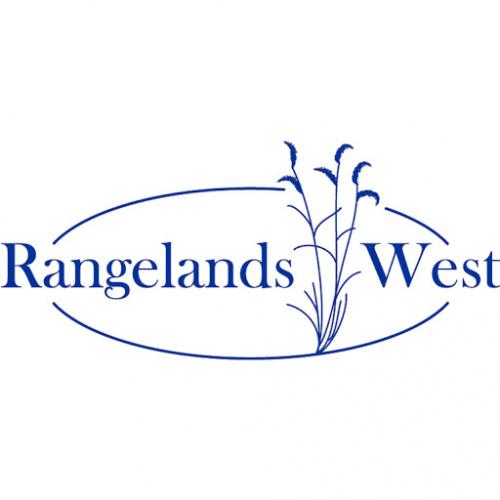The multi-dimensional and dynamic nature of rangeland degradation makes accurate
assessment a difficult challenge. Existing assessment methods rarely integrate
different components of land degradation and local communities rarely participate, or
derive results that can improve the sustainability of their land management.
Sustainability indicators offer one solution to this problem. They can be used by a
range of stakeholders to derive multi-disciplinary information that can be used to both
monitor and respond to environmental change. However, it is increasingly claimed
that existing sustainability indicators provide few benefits to local users who, as a
consequence, rarely apply them. The thesis therefore starts by reviewing land
degradation causes and theoretical models in semi-arid rangelands, and critically
evaluates a range of degradation assessment methods in the semi-arid rangelands of
Botswana. This shows that multi-source, multi-scale land degradation assessment can
provide more accurate and reliable results than the use of any single technique alone.
This information is used to identify potential land degradation “hotspotsâ€, and a
learning process for sustainability assessment is developed and tested in three of these
problem areas. The process is designed to facilitate two-way and meaningful
interaction between local communities, researchers and policy-makers to monitor
environmental sustainability and respond appropriately. Application of the process
identified a range of innovative management options that could prevent, reduce,
reverse or help rangeland stakeholders adapt to land degradation. Communities
identified a wide range of sustainability indicators, the majority of which were
validated through field-based research. Local knowledge was more holistic than many
published indicator lists for monitoring rangelands, encompassing vegetation, soil,
livestock, wild animal and socio-economic indicators. By building on local
knowledge, the indicators and management options were familiar to land users who
could apply them without specialist training or equipment. Indicators and
management options were integrated in a manual-style Decision Support System
designed to help land managers easily monitor progress and adapt management to
reach sustainability goals. These findings emphasise the value of local knowledge in
rangeland monitoring and management. However, they also emphasise the need to
integrate this with the knowledge of researchers, and open dialogue about
environmental sustainability between communities, researchers and policy-makers.
By combining qualitative insights from participatory research with more top-down
empirical research it has been possible to produce more accurate and relevant results
than either approach could have achieved alone. However, the future success of this
work depends to a large extent on institutional reform in Botswana, as many of the
management options are only likely to be effective under common property land
tenure. (source:abstract)

Articles, citations, reports, websites, and multimedia resources focused on rangeland ecology, management, restoration, and other issues on American rangelands.